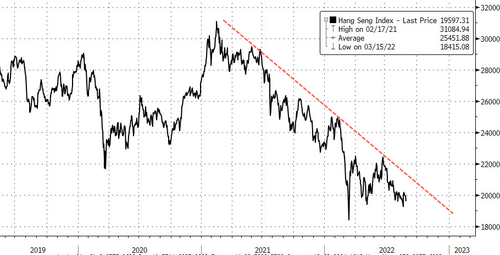Researchers at the Wuhan Institute of Virology (WIV), which is possibly linked to the origins of COVID-19, reported the discovery of a novel DNA virus in animals in the journal Virologica Sinica.
The scientists analyzed tissue specimens from 232 animals, including 226 rodents, five shrews and one hedgehog, collected from five counties in Kenya and tested for DNA viruses. The viruses belong to seven viral families, and the researchers utilized PCR to run the tests. They noted that although surveillance programs focus more on RNA viruses - such as SARS-COV-2, the virus that causes COVID-19 - less is known about DNA viruses.
The researchers identified a range of DNA sequences associated with adenoviruses, adeno-associated viruses, herpesviruses and polyomaviruses. Conducting phylogenetic analyses, they found most were distinct from previously described viruses. They also noted this was the first report of a full-length genomic characterization of a polyomavirus in Lemniscomys species.
The virus was dubbed LsPyV KY187 and “has less than 60% amino acid sequence identity to the most related Glis glis polyomavirus 1 and Scirus carolinensis polyomavirus 1 in both large and small T-antigen proteins, and thus can be putatively allocated to a novel species within Betapolyomavirus,” the authors wrote.
Viruses Not Known to be Transmissible to Humans
“The results of this study are important for our understanding of viruses and their evolution in non-human animals,” Sean Beckmann, Ph.D., assistant professor of biology at Stetson University in Florida, who was not involved in the study, told BioSpace. “However, these findings should be taken in context. None of the viruses identified, or the novel viruses, are known to be transmissible to humans, and the authors don’t make any claims about their pathogenicity.”
The authors emphasized that the research supports the need to continue studying rodent-borne viruses in East Africa. In addition, because the new virus does not appear to be closely related to any known pathogens, its effect on humans is “unclear and needs to be further assessed,” the researchers stated.
Beckmann was equally cautious. “These findings are still valuable and important, but they shouldn’t be a cause for alarm that a bunch of new human pathogens have been found. Among the viruses that were identified, we don’t have any evidence of rodent to human transmission within those groups," he said.
WIV and its Link to COVID-19 Transmission Theories
The WIV is a leading research institute that focuses on viruses, but its possible association with the origins of COVID-19 has increased scrutiny of its operations.
There are two primary theories about the origin of COVID-19: the “lab-leak” theory and the “wet market” theory. The lab-leak theory argues the virus likely originated in bats, which were studied at the WIV, and then was accidentally released from the laboratory, possibly by an infected staffer. The wet market theory proposes that the virus originated in bats, moved to an intermediary animal at the Huanan Seafood Wholesale Market in Wuhan, and then to humans. The market is a few miles from the WIV.
In addition to researchers at WIV, the Kenya study was conducted by investigators from the Chinese Academy of Sciences in Wuhan, China, the Mammalogy Section of the National Museums of Kenya, the Veterinary Services Department of the Kenya Wildlife Service and the Institute of Biotechnology Research, Jomo Kenyatta University of Science and Technology in Nairobi, Kenya.
The authors noted, “Emergence and re-emergence of infectious diseases of wildlife origin have led pre-emptive pathogen surveillances in animals to be a public health priority.”
Beckmann concurred, telling BioSpace, “Since the emergence of COVID-19 (SARS-CoV-2), there has been increased attention and focus on the potential for other virus/bacteria/etc. to spill over from non-human animals to humans. This is long overdue, and these results do demonstrate the type of information we can gain."
